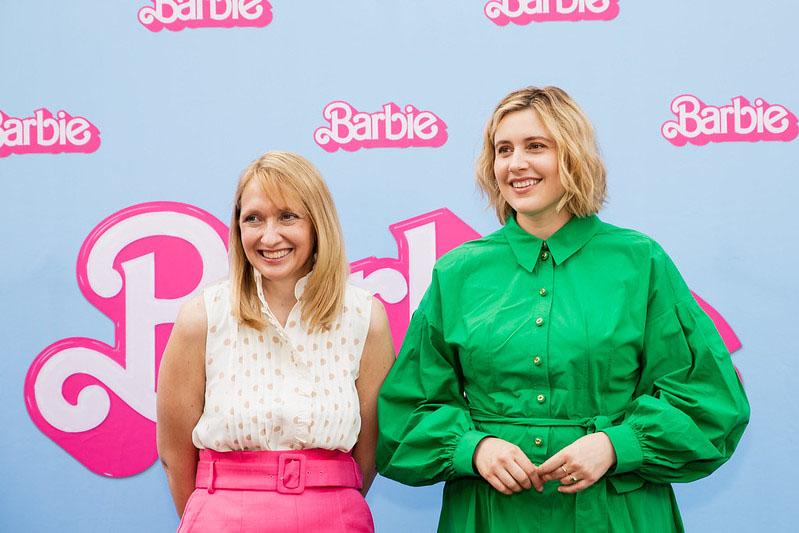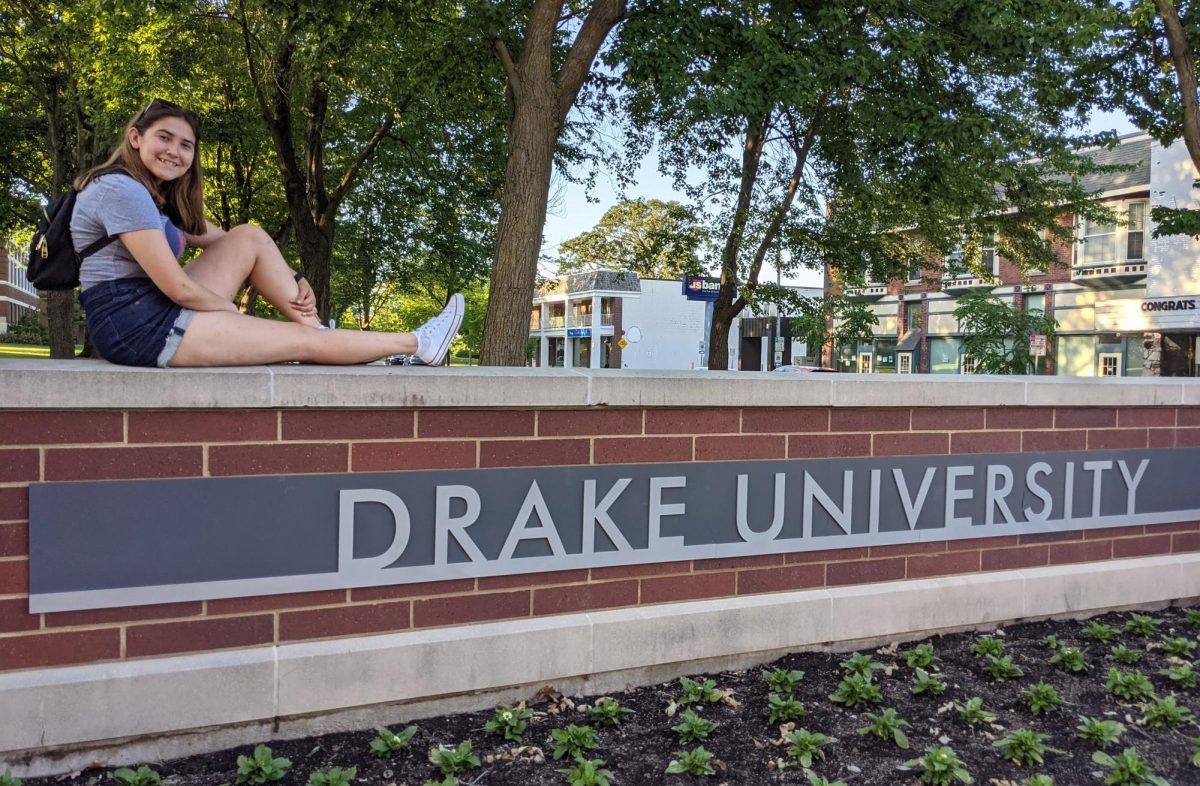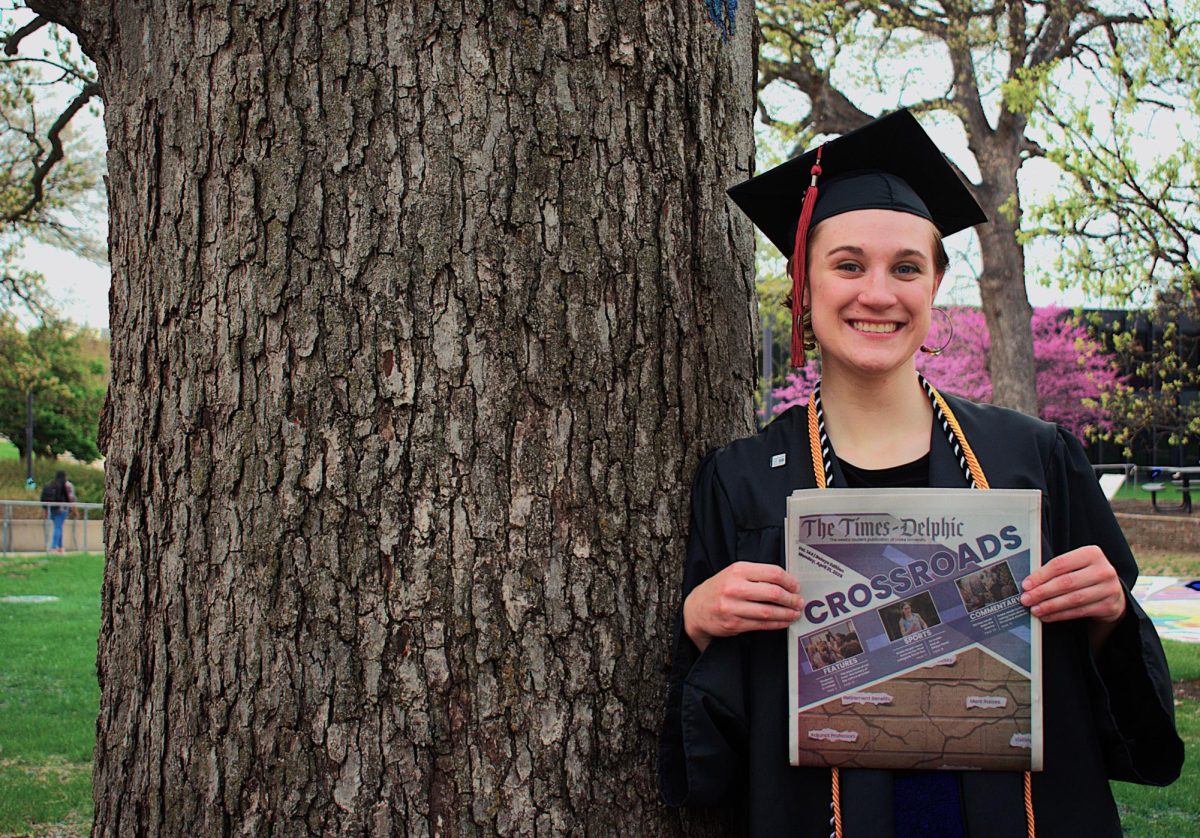“Barbie” (2023) received eight Academy Award nominations, including best picture, best adapted screenplay, best supporting actor for Ryan Gosling and best supporting actress for America Ferrera. The film also received nominations for costume design and production design, while two of its songs — Mark Ronson, Andrew Wyatt and Ryan Gosling’s “I’m Just Ken” and Billie Eilish’s “What Was I Made For?” — were nominated for best song.
It was, however, the absence of nominations in certain categories that made headlines — Margot Robbie and Greta Gerwig did not receive a nomination for the best actress and best director categories, respectively. Robbie was nominated as a producer (best picture) and Gerwig as a writer (best adapted screenplay).
No one can claim that “Barbie” was not an insane pop-culture phenomenon that completely dominated the box-office and reminded producers that women are willing consumers if only they learn to cater to them. It was a wacky, innovative portrayal of the insane inequality in society wrapped in the garb of a comedy, making it universally appealing. It was also an incredibly important and sensitive portrayal of the experience of being a woman itself — a film worthy of just as much critical appreciation as “Oppenheimer” (2023), its box office rival-companion. Most importantly, it was a breath of fresh air — a much needed break from superhero universes and men telling other men stories about manly men.
“Oppenheimer” predictably fared much better in the Oscars nomination list — a “serious” biographical drama about a man who nearly destroyed whatever little humanity the world had left, with a side of World War II thrown in. It is traditional Oscar bait, served with its artistically oriented black and white frames with a bomb on top. It is also a movie made by men about men and has exactly zero jokes. “Barbie,” on the other hand, is a comedy, and the academy has a long history of snubbing those for films with more gravitas.
Is it wildly ironic that the two women who made a more than $1 billion film about how the system is rigged were the ones shortchanged by an academy known for its history of ignoring women and people of color while giving a nomination to the male actor who played a doll that learns patriarchy from the “real world” and enforces the systematic discrimination for the same film? Well, yes, but at least the film predicted it quite nicely for us.
There was massive outrage on various social media sites about the same, and then as typically happens, there was an outrage against the outrage — with the claim being that “Barbie” was not that good of a movie, and crying about Margot Robbie and Greta Gerwig not earning nominations is pure White feminism when, for the first time, we have a Native American actress being nominated in the best actress category — Lily Gladstone for “Flowers of the Killer Moon” (2023).
Do I think “Barbie” is a film not deserving of an Oscar? — no. This argument is a classic example of hot takes that make just about zero sense considering the universal acclaim it received initially.
Do I think the selective outrage about two incredibly privileged White women not getting nominated while ignoring the women of color who did get nominated and others who did not is White feminism? — yep. There was more press coverage about them not being nominated than there was for America Ferrera or Lily Gladstone being nominated. There was no outrage about Teyana Taylor (“A Thousand and One”), Greta Lee (“Past Lives”) or Celine Song (“Past Lives”) not being nominated — all women of color who delivered brilliant work. Women of color have been sidelined by the academy time and time again, but there was never such a public outcry for any of them.
I think Margot Robbie not being nominated for best actress is fair — there were simply too many brilliant performances this year because I would not exchange any of the women on the current list for Robbie. She was amazing as the “Barbie” lead, but the competition in that category is simply too high this year.
The mind-boggling one for me was the absence of Greta Gerwig on the best director list; it is not exactly that big of a surprise given how systematically discriminatory that category has been against women. The current list is almost exclusively men — save for one: Justine Triet for “Anatomy of a Fall” (2023). Gerwig deserved a nomination for what she was able to do — making a wacky comedy on an incredibly sensitive subject matter without letting either down or making the screenplay a cacophony of tonal deafness is incredibly impressive.
Perhaps the question we should then be asking is if two White women who made a film that checked all the boxes and then some — earning both public and critical acclaim — did not get patriarchal approval from the Academy, then how do women of color even stand a chance? Why is the media so busy trying to make women feel bad for supporting women? Why must there be an immediate slap in the face to remind us why not this woman, or perhaps this other woman? Why do these issues have to oppose each other? Why can’t these things exist in conjunction — because at the end of the day, this is an issue of systematic discrimination, and pitting women against each other is not the win people think it is. I can celebrate Gladstone and Ferrera’s nominations while also acknowledging that the academy snubbed Robbie and Gerwig.
All this just reminded me of Ferrera’s speech in the movie — we can never do enough and it turns out whatever “little” we do,we are always doing it wrong — because there is simply no way for women to win in this rigged system.







